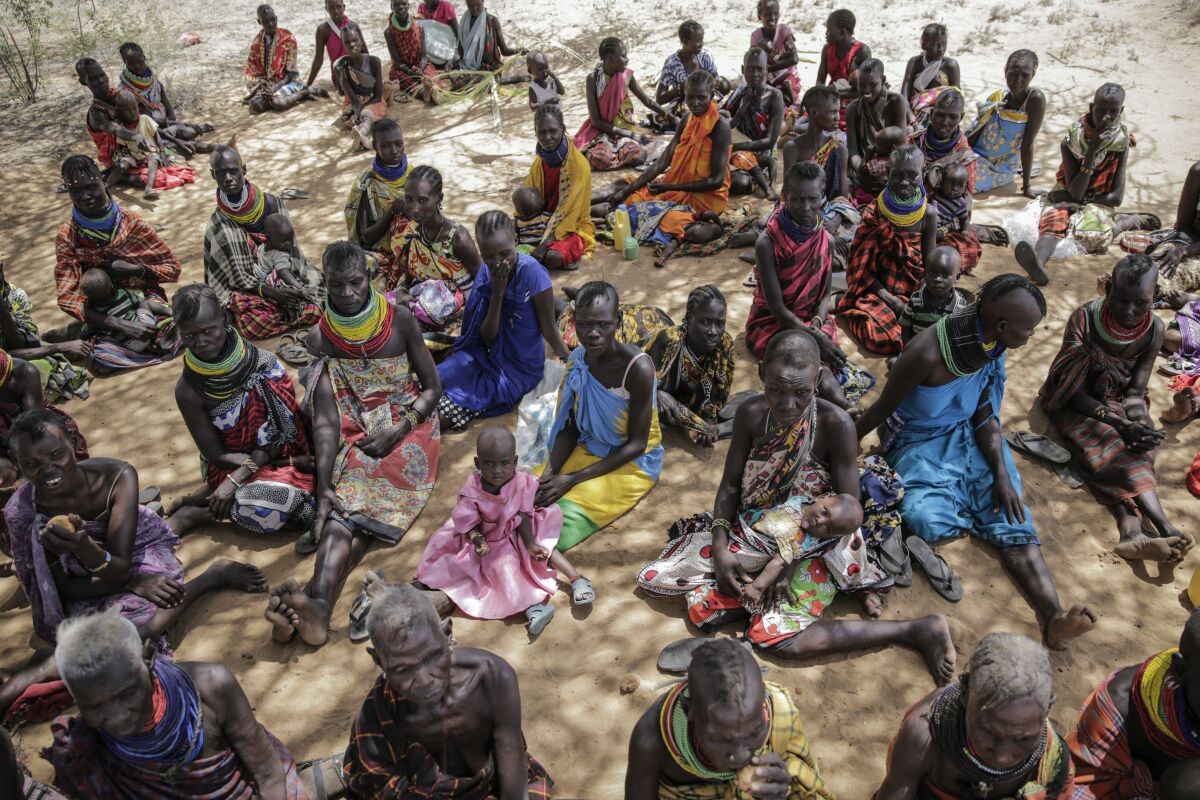 |
| A village in northern Kenya, one of the areas severely affected by the food crisis. (Source: AP) |
Food crises will escalate across East Africa and the Horn of Africa by 2023, according to a June 14 report by the Intergovernmental Authority on Development (IGAD).
The Global Food Crisis Report 2023 warns that up to 30 million people are expected to need humanitarian food assistance in Kenya, Somalia, South Sudan, Sudan and Uganda.
Of these, an estimated 7.5 million people in Kenya, Somalia, South Sudan and Sudan are facing severe food shortages and need to adopt emergency response measures.
The East African bloc's executive secretary, Workneh Gebeyehu, said hunger rates in the region are at record highs, due to extreme climate conditions, natural disasters, security conflicts and economic shocks.
Mr. Gebeyehu therefore called for bolder initiatives to build resilience to future disasters, such as transforming agricultural systems to be more efficient, inclusive and sustainable.
More than 83,000 people are expected to suffer from severe food shortages in areas affected by conflict and severe drought, particularly in Somalia and South Sudan, the report said.
The report noted that although the rains from March to May 2023 have partly relieved the most severe drought in the Horn of Africa in more than four decades, the region will continue to deal with the consequences of this disaster in the future.
Experts say that with this devastating three-year drought, restoring rural livelihoods and agriculture will take time, so humanitarian assistance needs to continue until households and communities can recover.
In Sudan, the impact of the current conflict will rapidly erode food and nutritional security in the capital Khartoum and the Darfur region, the two hardest hit areas.
By mid-May, more than 1 million Sudanese had fled their homes, including 843,000 internally displaced people and more than 250,000 fleeing to neighboring countries.
The report should serve as a wake-up call to promote collective responses to food insecurity, said Chimimba David Phiri, the UN Food and Agriculture Organization's East Africa sub-regional coordinator.
In a related development, on June 14, Russian President Vladimir Putin had a phone call with Mali's interim President Assimi Goita to discuss the supply of fertilizer, wheat and fuel.
The call came after Mr Putin said Russia was considering withdrawing from a United Nations-brokered Black Sea grain deal, partly aimed at easing food crises in developing countries.
A day earlier, Mr Putin said he would discuss the future of the grain deal with a number of African leaders expected to visit Russia soon, while also asserting that Moscow was ready to provide free grain to poor countries around the world.
Source





![[Photo] Vietnam and Sri Lanka sign cooperation agreements in many important fields](https://vphoto.vietnam.vn/thumb/1200x675/vietnam/resource/IMAGE/2025/5/5/9d5c9d2cb45e413c91a4b4067947b8c8)











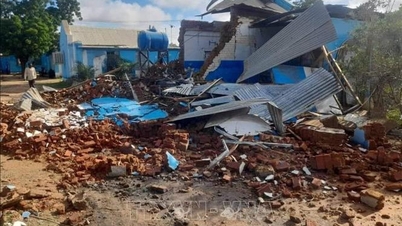






































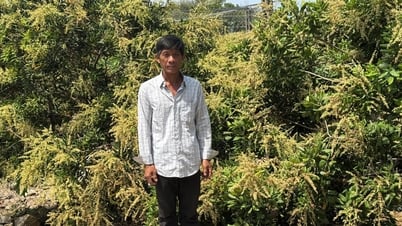





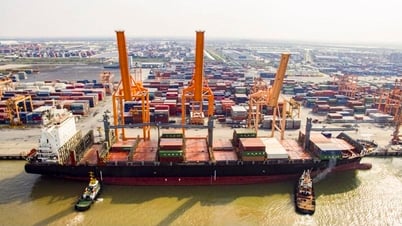










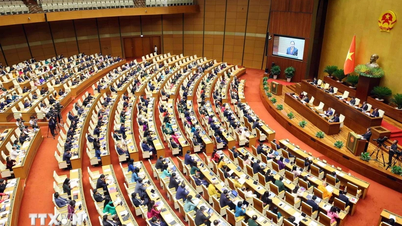





















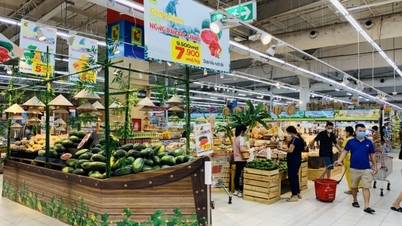



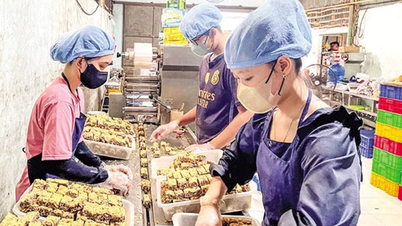

Comment (0)